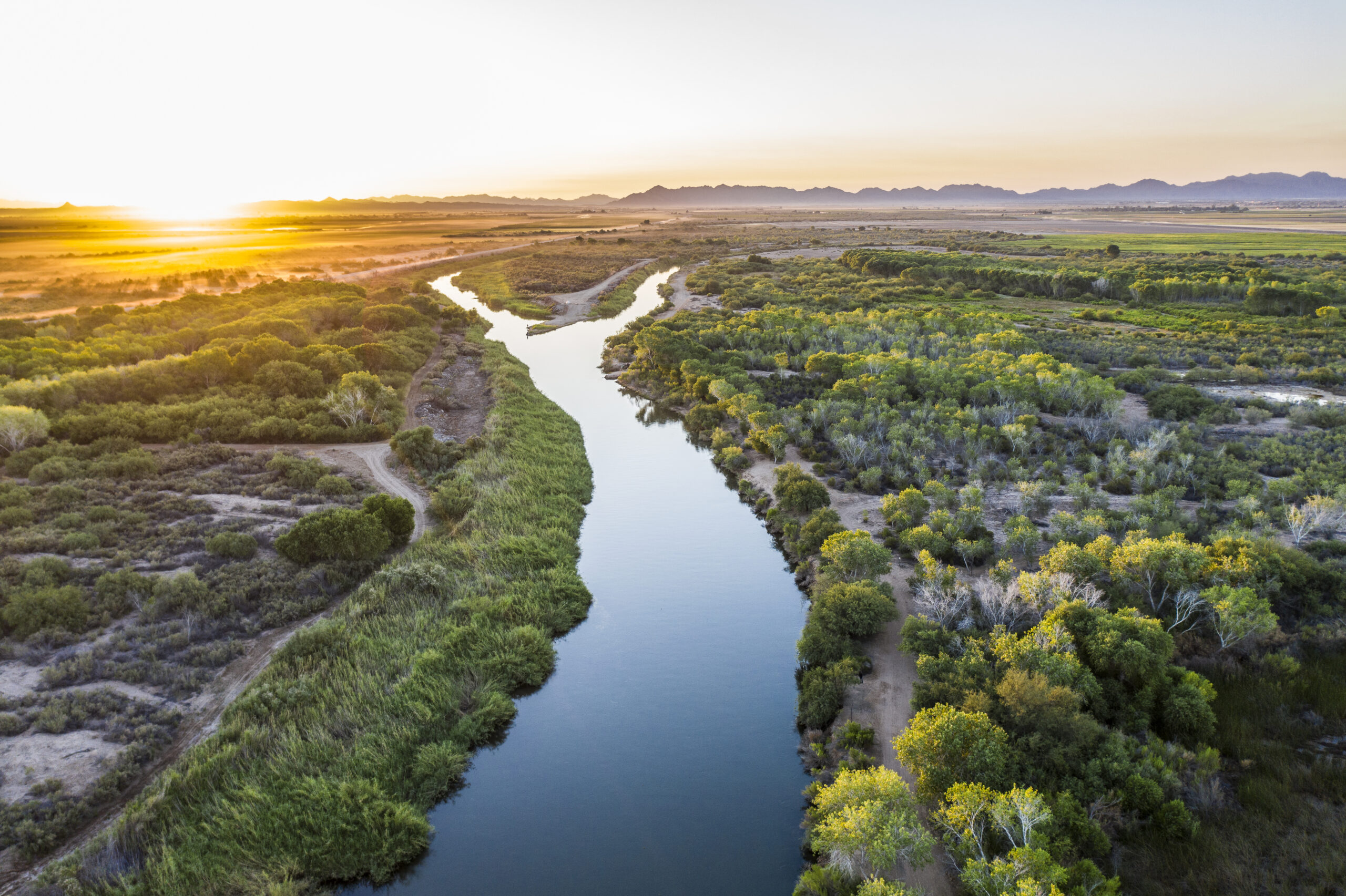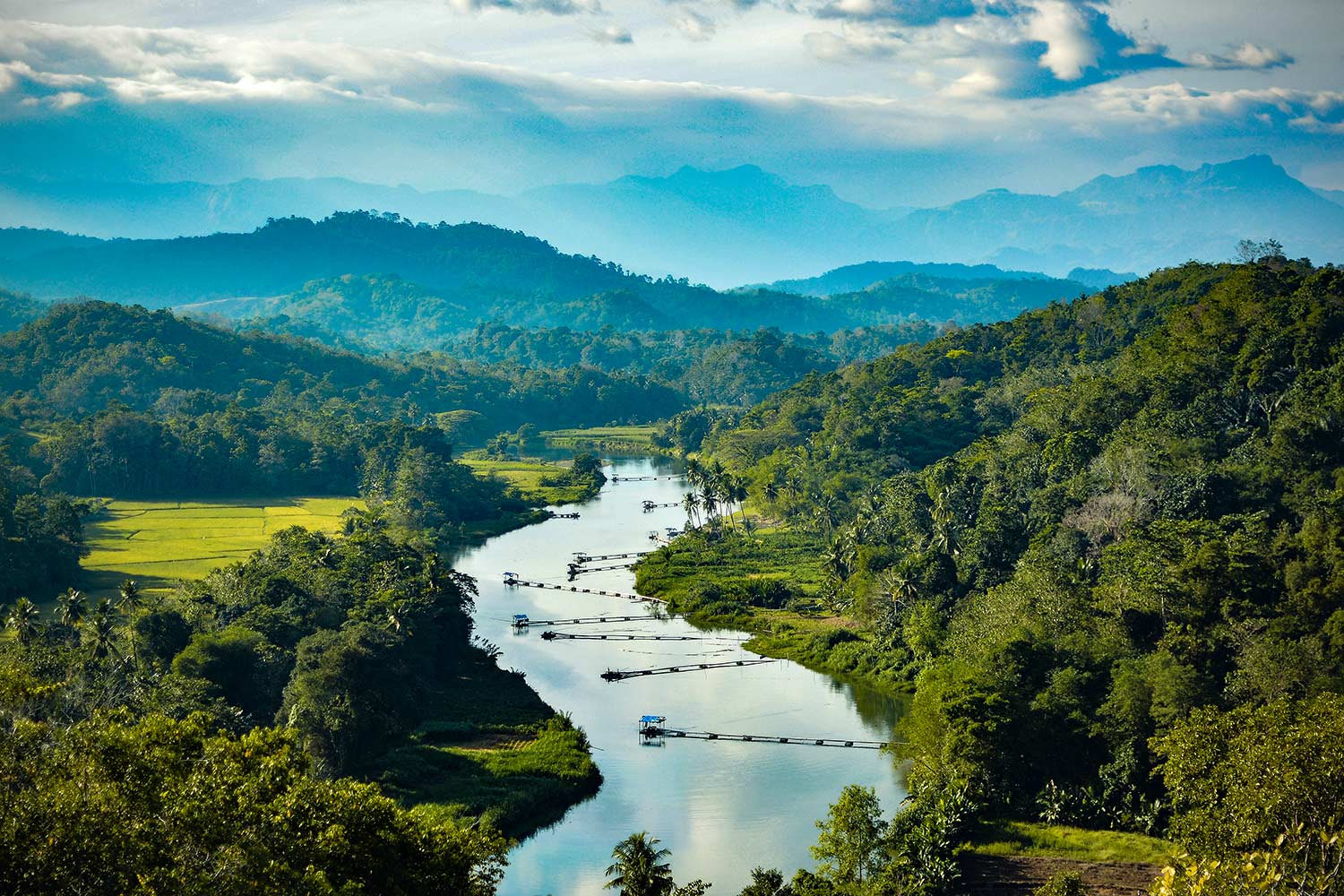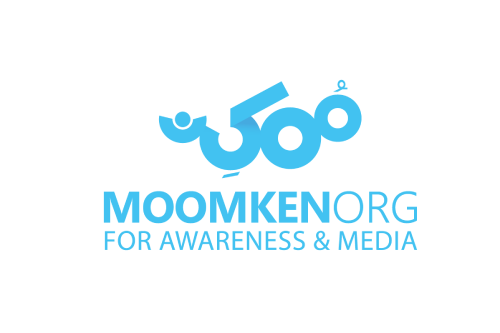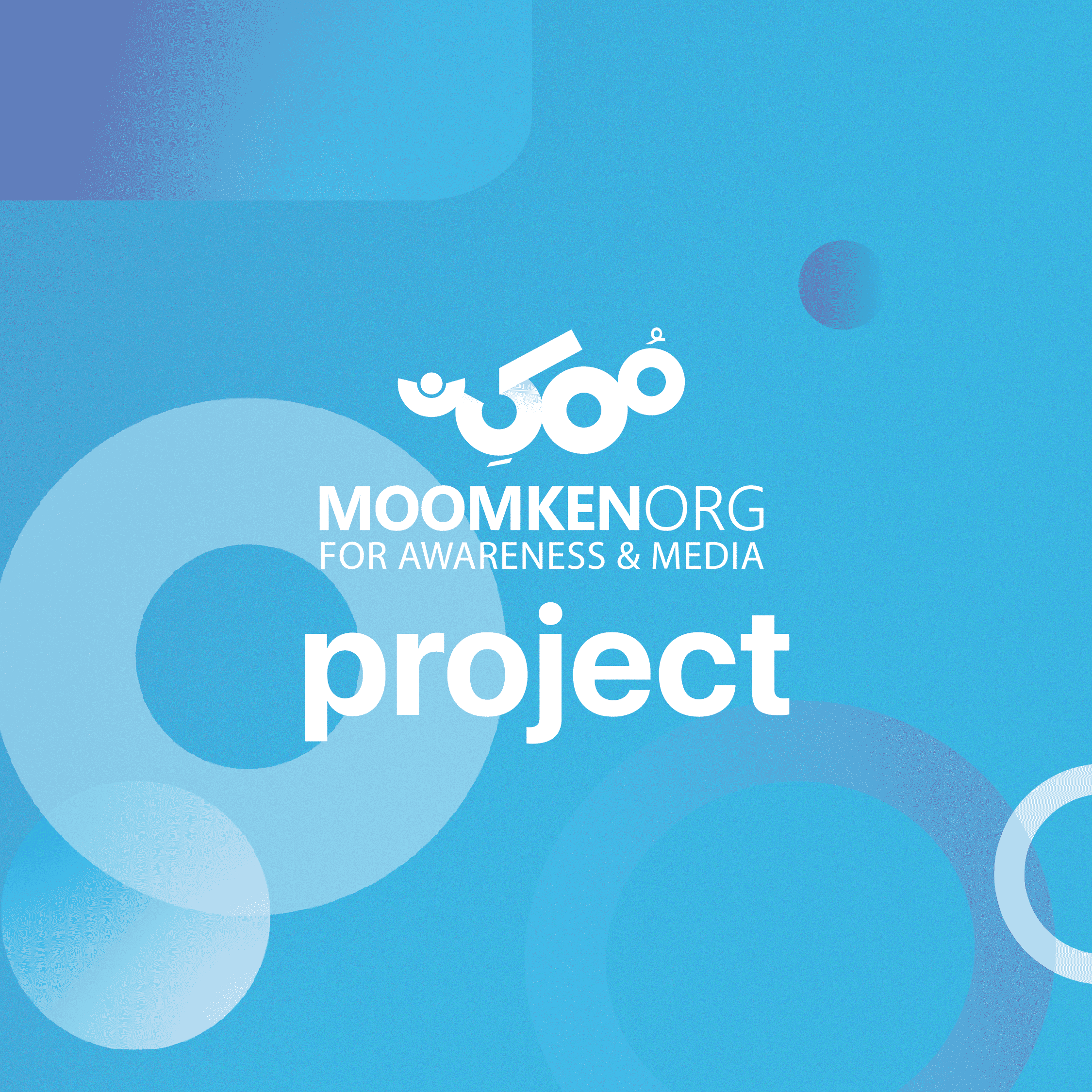Dayem Project: Leading Libya Towards Environmental Resilience
The Dayem Project, led by the Moomken Organization for Awareness and Media and funded by GIZ, is a two-and-a-half-year initiative designed to tackle Libya’s pressing climate-related challenges. Operating under the title “Sustainable Environmental and Climate Change Adaptation and Resilience” (SECCAR), the project aims to enhance Libya’s ability to adapt to and mitigate the impacts of climate change.
The Dayem Project, led by the Moomken Organization for Awareness and Media and funded by GIZ, is a two-and-a-half-year initiative designed to tackle Libya’s pressing climate-related challenges. Operating under the title “Sustainable Environmental and Climate Change Adaptation and Resilience” (SECCAR), the project aims to enhance Libya’s ability to adapt to and mitigate the impacts of climate change.

Environmental Focus
Climate Change Adaptation and Mitigation: The Dayem Project is committed to improving Libya’s resilience to climate change through a series of strategic interventions:
· Sustainable Land Management: Implementing practices that prevent land degradation and promote the sustainable use of natural resources.
· Water Resource Management: Improving the management of water resources to combat severe water scarcity and ensure sustainable agricultural practices.
· Disaster Risk Reduction: Strengthening strategies to reduce the risks associated with extreme weather events, such as floods and droughts.

2- Renewable Energy Solutions: To reduce dependency on fossil fuels and promote environmental sustainability, the Dayem Project focuses on implementing renewable energy solutions:
· Solar-powered Water Pumping: Replacing diesel-generated or grid-based electricity with solar-powered solutions for irrigation.
· Rooftop Solar Panels: Encouraging the installation of solar panels to generate electricity, reducing greenhouse gas emissions and alleviating the strain on the national grid.

3- Community Engagement and Education Raising awareness and educating local communities about climate change and sustainable practices is pivotal to the Dayem Project. Key activities include:
· Awareness Campaigns: Developing media content and engaging local influencers to spread awareness about climate change impacts and adaptation strategies.
· Outreach Programs: Conducting community dialogues, youth engagement workshops, and adult capacity enhancement workshops to foster a proactive approach to environmental conservation.
· School Workshops: Partnering with the Ministry of Education to integrate climate-centric themes into academic curricula, aiming to engage at least 500 participants across schools and communal hubs.

4- Stakeholder Involvement Collaboration with various stakeholders ensures the long-term sustainability of the Dayem Project’s initiatives:
· Government Entities: Partnering with municipal governments, the Ministry of Environment, the Ministry of Agriculture, and the Department of Water Resources to develop and implement effective climate policies and practices.
· Non-Governmental Organizations: Engaging environmental NGOs and women’s empowerment organizations to support and amplify project activities.
· Private Sector: Collaborating with renewable energy companies and agricultural businesses to leverage expertise and resources for sustainable solutions.

5- Monitoring and Evaluation The Dayem Project incorporates a robust monitoring and evaluation (M&E) framework to track progress and ensure the effectiveness of its interventions:
· Continuous Data Collection: Regular monitoring of project activities and data triangulation to provide real-time insights into project performance.
· Preliminary and Impact Evaluations: Conduct midline and end-line evaluations to assess the project’s impact on environmental sustainability and community resilience.

Conclusion
The Dayem Project is a comprehensive initiative aimed at bolstering Libya’s environmental resilience to climate change. By promoting sustainable practices, renewable energy solutions, and community engagement, the project seeks to mitigate the adverse effects of climate change and ensure a sustainable future for Libyan communities. Through collaboration with various stakeholders and a strong focus on environmental conservation, the Dayem Project embodies a proactive approach to addressing climate-related challenges in Libya.

